Animals
-
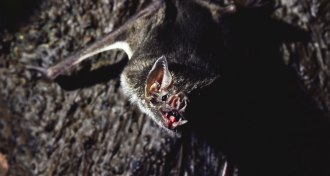 Animals
AnimalsScary as they are, few vampires have a backbone
Researchers speculate on why there are so few vampires among vertebrates.
By Susan Milius -
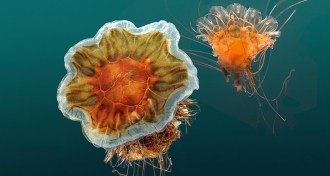 Animals
AnimalsHere’s the real story on jellyfish taking over the world
In 'Spineless,' a former marine scientist reconnects with the seas and science through her obsession with these enigmatic creatures.
-
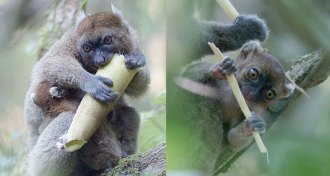 Animals
AnimalsClimate change may threaten these bamboo-eating lemurs
Longer dry spells and more nutrient-poor bamboo might eventually doom the greater bamboo lemur, a critically endangered species.
By Susan Milius -
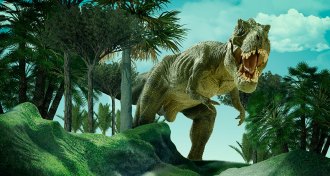 Paleontology
PaleontologyT. rex’s silly-looking arms were built for slashing
Tyrannosaurus rex may have used its small arms for slashing prey.
-
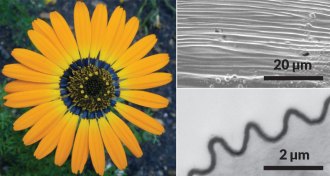 Life
LifeNanoscale glitches let flowers make a blue blur that bees can see
Bees learn about colorful floral rings faster when nanoscale arrays aren’t quite perfect.
By Susan Milius -
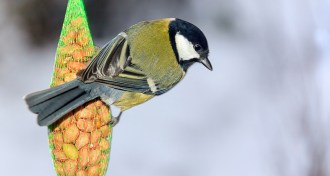 Life
LifeHow bird feeders may be changing great tits’ beaks
Longer beaks may be evolving in U.K. great tits because of the widespread use of bird feeders in the country.
-
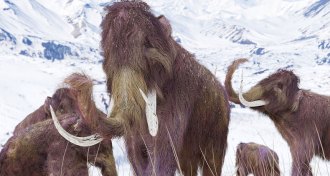 Genetics
GeneticsResurrecting extinct species raises ethical questions
'Rise of the Necrofauna' examines the technical and ethical challenges of bringing woolly mammoths and other long-gone creatures back from the dead.
-
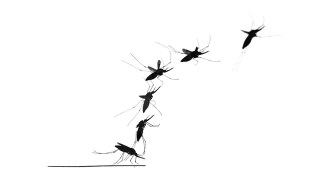 Life
LifeThe physics of mosquito takeoffs shows why you don’t feel a thing
Even when full of blood, mosquitoes use more wing force than leg force to escape a host undetected — clue to why they’re so good at spreading disease.
-
 Particle Physics
Particle PhysicsReaders question photons colliding, black sea snakes and more
Readers had questions about brain flexibility, black sea snakes and photon collisions.
-
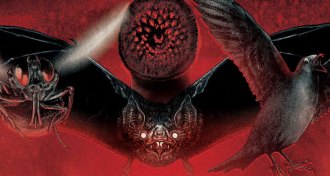 Animals
AnimalsBeing a vampire can be brutal. Here’s how bloodsuckers get by.
Blood-sucking animals have specialized physiology and other tools to live on a diet rich in protein and lacking in some nutrients.
By Susan Milius -
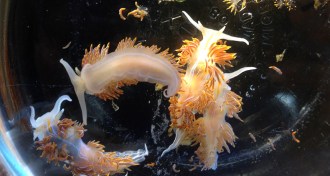 Oceans
OceansHere’s a breakdown of the animals that crossed the Pacific on 2011 tsunami debris
Hundreds of marine animals from Japan have washed up on U.S. beaches since the destructive 2011 earthquake and tsunami.
-
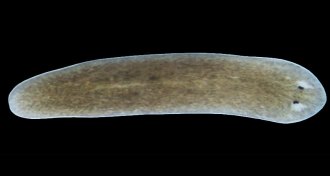 Animals
AnimalsTo understand the origins of pain, ask a flatworm
A danger-sensing protein responds to hydrogen peroxide in planarians, results that hint at the evolutionary origins of people’s pain sensing.